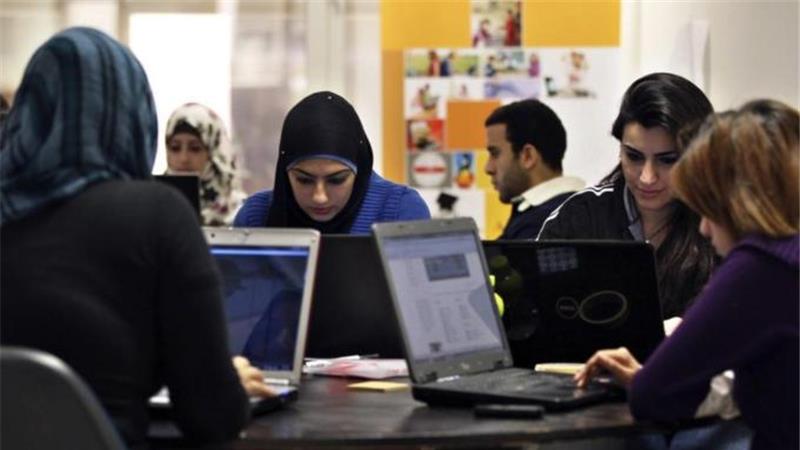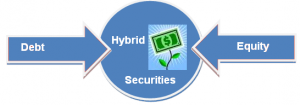“The weapons of the so-called revolutionists were not guns and bombs, but the internet.” – BBC
The Arab Spring that turned out to be a landmark event in the history of democracy, started with the self-immolation of a vegetable seller, frustrated with the bribes demanded by corrupt policemen in the dusty streets of Sidi Bouzid in Tunisia in December 2010. The hair-raising footage was recorded on a phone camera and uploaded on a blog.
Since political blogs were censored in Tunisia, local residents had to wait for Tunisians living out of the country to stumble upon the blog, and send the footage to Al-Jazeera, which broadcasted it for the whole world to see.
Fortunately, the Tunisian government did not censor Facebook, which the considered to be a recreational space. Tunisia had 2 million Facebook users by 2011.
The footage broadcasted by Al-Jazeera had resulted in shockwaves across the Arab World, and led to a fresh spate of protests by Tunisians frustrated with corruption and stifled by the lack of freedom of expression. Each of these protests was recorded on multiple phones and uploaded online. Al-Jazeera continued to pick these up and broadcast them live. Clips of unarmed protestors being shot at went viral, and led to more and fiercer protests. Some of the protests were live streamed online.
Protesters used twitter and Facebook to organise the protests, and the multiple clips were uploaded on social media after each protest. It was from these portals that the professional journalists picked up the footage.
2 youngsters, Slim and Aziz who were in the forefront in organising the protests, and uploading the videos online were arrested, which only intensified the protests.
The government soon realised that they couldn’t control the realms of Internet, and social media. President Ben Ali even made a last bid, promising more freedom, plurality and democracy, but it did not have the desired effect.
Within 28 days, the regime in Tunisia fell, and President Ben Ali fled to Saudi Arabia.
Soon after, investigations began to look into the Human Rights Abuses, Slim and Aziz were released and given important ranks in the new Cabinet.
In the entire process, it was the citizens who were reporting live from the field, armed with amateur cameras, and the whole world was glued to twitter for the next breaking news. Even professional journalists and News Channels were forced to use twitter as their main source since their reporters were unable to report from the conflict zones.
This had far reaching consequences for the field of Journalism.
I request you to read the Part II of this series.





28 Comments. Leave new
Interesting!
Thanks.
Very well written.
Thank you.
Well explained.
Thank you.
Great!
Thank you.
Well compiled (Y)
Thank you. 🙂
good effort!
Thanks a lot.
Very accurate, and the way it’s writen enables so many to understand such a big happening
Thank you.
Interesting 😀
Thanks 🙂
Interesting
Thanks.
Very interesting and well written.
Thank you.
Great work!
Thanks.
good one 😀
Thanks 🙂
Thanks 🙂
Makes us realize about the importance of journalism in the modern world. Well done.
Thank you.
Well articulated.